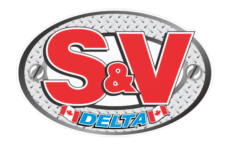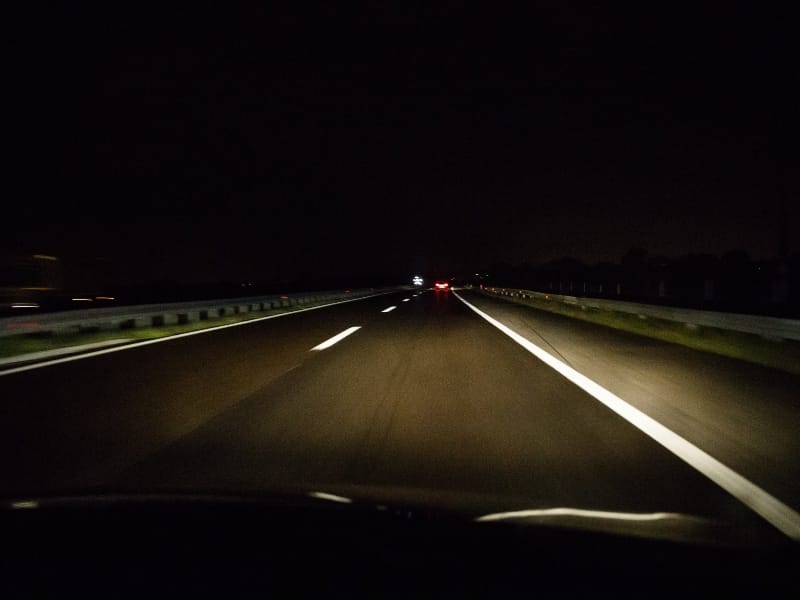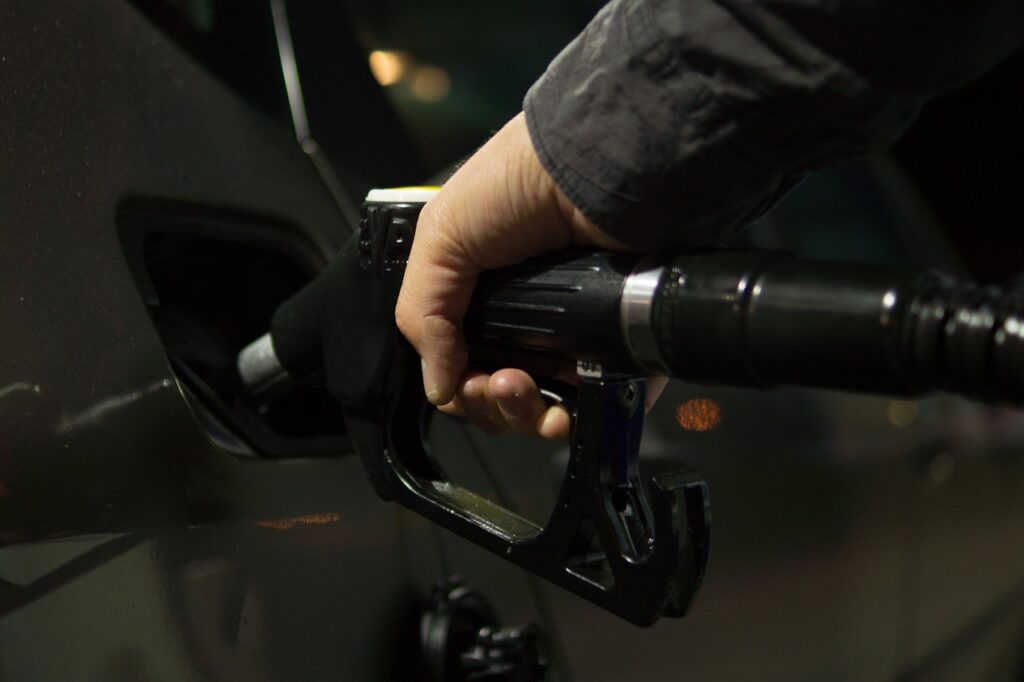What Happens After Dark on the Road
Night shifts in the towing business aren’t like regular shifts. They come with their own set of surprises, demands, and risks. While most drivers are heading home or winding down, we’re gearing up, because vehicles don’t pick convenient hours to break down. At any hour, someone might need Branchton emergency towing. And we’re here to take the call. Here are the top three challenges we face when we’re working the late shift and how we meet them head-on.
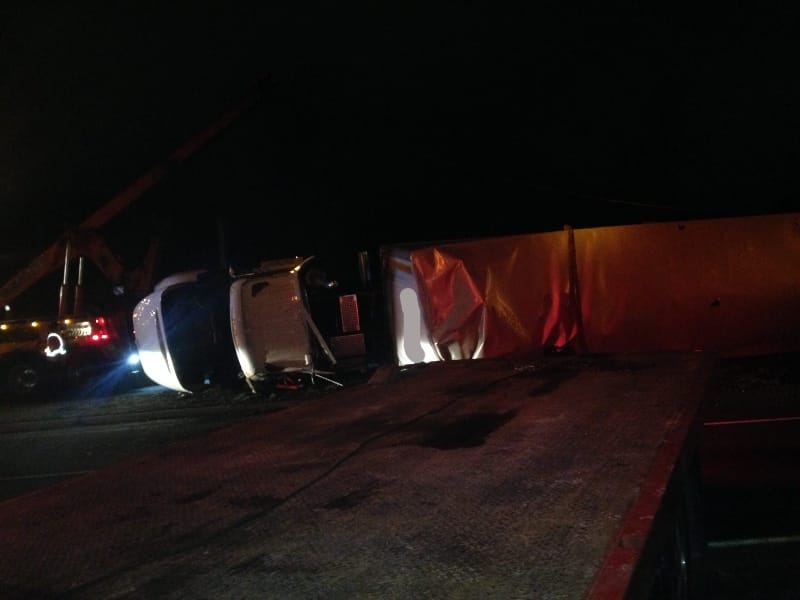
Visibility: A Constant Obstacle
Seeing Is Half the Battle
Limited visibility is the most obvious issue we face after dark. Even with high-powered headlights and reflective gear, nighttime calls make it harder to judge distances and spot road hazards in time. When we pull up to a scene, we’re often dealing with:
- Broken-down vehicles stranded in poorly lit areas
- Low visibility from rain, fog, or snow
- Oncoming traffic not slowing down near flashing lights
We don’t get to choose the conditions. That’s why we always keep extra lighting on hand: portable floodlights, headlamps, and flares. They help us work faster and avoid injury in environments where one misstep can have serious consequences.
Driver Behavior: Less Predictable, More Dangerous
The Roads Change After Sunset
During the day, traffic is busy but predictable. At night, it shifts. We see more tired drivers, more impaired drivers, and fewer people expecting a tow truck stopped on the shoulder. That’s a risky mix. In the dark, our safety depends on how clearly and quickly others notice us and react.
We’ve had cars speed past us with barely an inch to spare. We’ve had to jump back from shoulders when someone drifted too close. To handle these risks, we follow strict safety routines:
- Always position our trucks at an angle to create a buffer zone
- Use cones and flares to direct traffic and create safer working space
- Stay aware of our surroundings at all times
Working Branchton emergency towing overnight means trusting our training and staying focused, even when we’re tired.
Weather Extremes and Their Impact
Conditions Change Fast—and Often for the Worse
Nighttime towing adds another layer of unpredictability when weather rolls in. Then, we’re up against wind, rain, ice, and sometimes snow, all of which hit differently after dark. Visibility is already reduced, and then wet pavement or black ice pushes everything to a new level of difficulty, whether its for car towing or heavy duty towing.
These conditions affect:
- Traction for both the tow truck and the stranded vehicle
- How we secure and load vehicles on slick or unstable surfaces
- Time needed for each step of the process
Our Branchton emergency towing team has learned to stay flexible and prep for anything. During colder months, we check tire chains, keep sand or salt on hand, and keep extra layers in the truck. In summer, we deal with fogged-up lenses, overheating engines, or slippery roads after sudden rain.
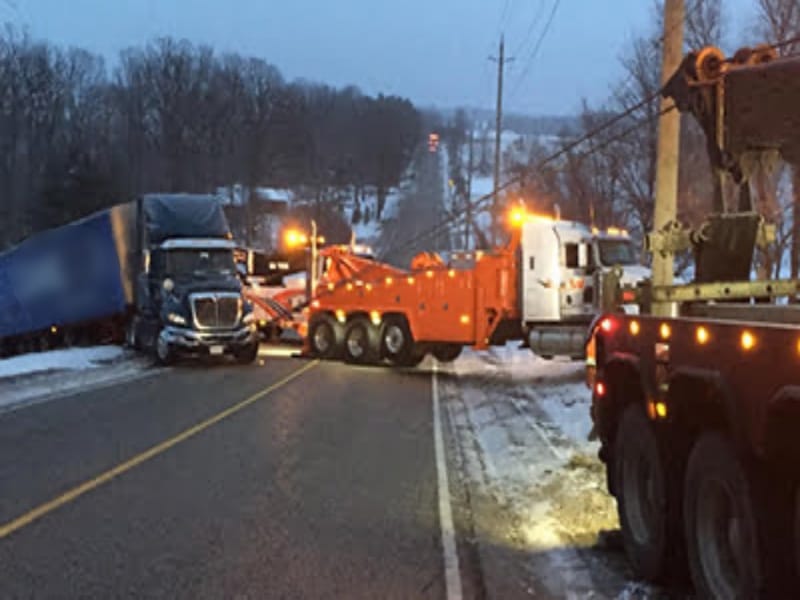
S&V Delta Towing: We Get Your Branchton Emergency Towing Job Done
Night towing isn’t just towing with a darker sky. It’s a shift in how we work, how we think, and how we prepare. Each Branchton emergency towing call is different, but the hazards are consistent. That’s why we take the extra steps, even if they add time or effort to the tow truck service. They help us stay safe and keep the customer safe, too.
We’ve seen firsthand how challenging Branchton emergency towing can get after dark. But our Branchton emergency towing team has also learned how to adapt and keep moving forward. Nighttime may be quieter, but the job doesn’t slow down. And neither do we. Whether its car towing, medium duty towing, or heavy duty towing, we can get you hooked up and on the way to a commercial truck repair shop or destination of your choice.
